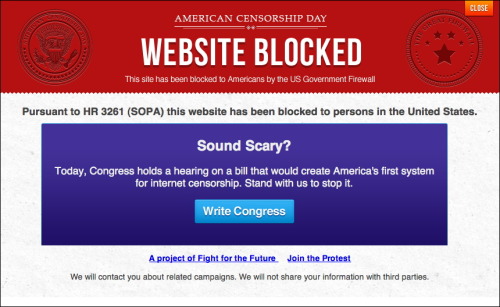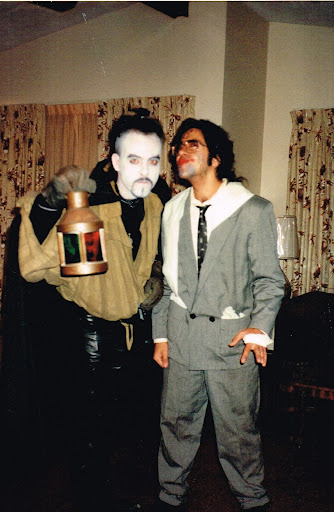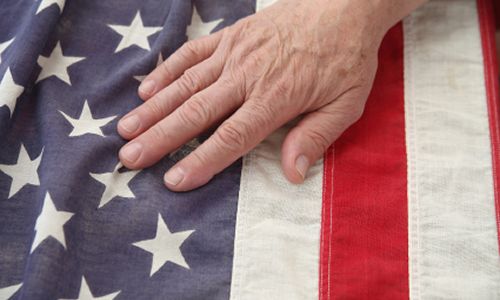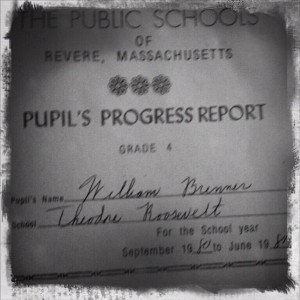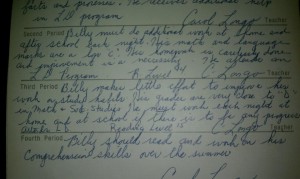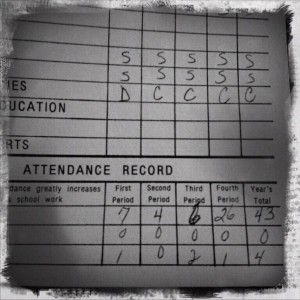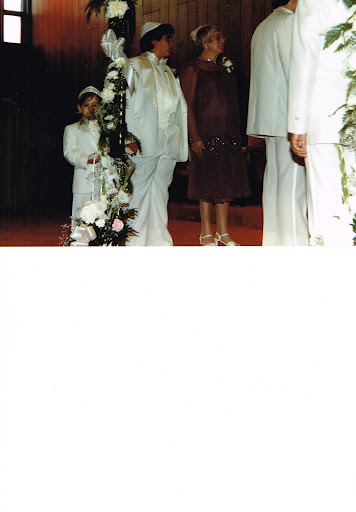I don’t like using this blog to make political stands. But one look at the legislative swill known as the PROTECT IP Act in the Senate and Stop Online Piracy Act (SOPA) in the House and I knew I had to speak up.
Mood music:
http://youtu.be/NlatOLl0NDg
I laid out the security risks in my Salted Hash security blog on CSOonline.com. But this is about a lot more than Internet security.
Mashable posted an infographic that describes the threat much better than I ever could with words. Allow me to share:
The Electronic Frontier Foundation (EFF) does a good job of explaining what’s at stake on its website:
The Internet Blacklist Legislation – known as PROTECT IP Act in the Senate and Stop Online Piracy Act (SOPA) in the House – is a threatening sequel to last year’s COICA Internet censorship bill. Like its predecessor, this legislation invites Internet security risks, threatens online speech, and hampers Internet innovation. Urge your members of Congress to reject this Internet blacklist campaign in both its forms!
Big media and its allies in Congress are billing the Internet Blacklist Legislation as a new way to prevent online infringement. But innovation and free speech advocates know that this initiative is nothing more than a dangerous wish list that will compromise Internet security while doing little or nothing to encourage creative expression.
As drafted, the legislation would grant the government and private parties unprecedented power to interfere with the Internet’s domain name system (DNS). The government would be able to force ISPs and search engines to redirect or dump users’ attempts to reach certain websites’ URLs. In response, third parties will woo average users to alternative servers that offer access to the entire Internet (not just the newly censored U.S. version), which will create new computer security vulnerabilities as the reliability and universality of the DNS evaporates.
It gets worse: Under SOPA’s provisions, service providers (including hosting services) would be under new pressure to monitor and police their users’ activities. While PROTECT-IP targeted sites “dedicated to infringing activities,” SOPA targets websites that simply don’t do enough to track and police infringement (and it is not at all clear what would be enough). And it creates new powers to shut down folks who provide tools to help users get access to the Internet the rest of the world sees (not just the “U.S. authorized version”).
Here’s why I see this legislation as a security threat:
Even though it’s not the bill’s intent, the language would give the government power to squash any website it deems in violation of the law. If a big technology company were to object to content posted on a security research site or blog — details of a software vulnerability, for example — it could lean on the government to block it. The big vendors would then be free to sit on vulnerabilities for as long as they wanted.
But that’s just a small piece of the problem.
When you think of all America’s efforts to protect its citizens, the goal is always to protect A WAY OF LIFE. Our right to free speech and expression. The Internet has allowed that freedom to flourish in the form of personal blogs, social networking and so on. If the government gets the power to block that freedom, all our other security efforts will be rendered meaningless.
That’s my security argument. But let’s look at this in the scope of personal blogging. I started this blog to break stigmas around mental illness and addiction. There are many other blogs out there with similar missions.
This legislation threatens all of it.
A few months ago I wrote a post about how I was ripped off by The Midwest Center For Stress and Anxiety and how, in my experience, it’s a sham. That post has gotten more page views than any other I’ve written, and it has received countless comments, most of them mirroring my own experiences.
If this law were enacted, The Midwest Center could petition the government to block my site for posting content harmful to it’s business interests.
The government would also have greater authority to block much of the content we all post on Facebook.
I don’t deny that there is a problem with pirated content in this country. But this kind of response is typical of the entertainment industry.
Instead of embracing the new ways people choose to get their multimedia content, the industry tries to punish us instead. Their profits are drying up because consumers are abandoning them.
When your business can’t adapt to changing times, it doesn’t survive. It’s simple. It’s fair. The entertainment industry and big software companies can’t handle this simple truth. So they’re using the government to beat consumers into submission.
Don’t let it happen.
Simply go to the top right of the page, enter your zip code, then fill in your name and address.
I did. Now it’s your turn.
Don’t let this bullshit stand.


